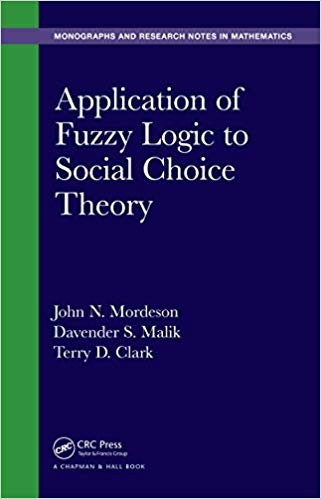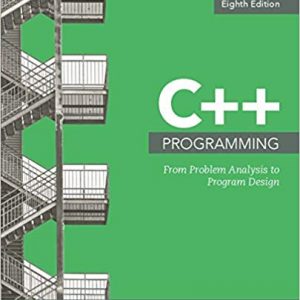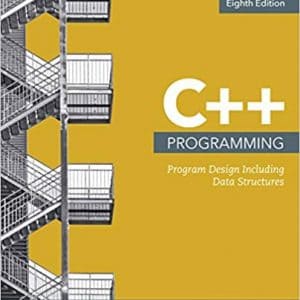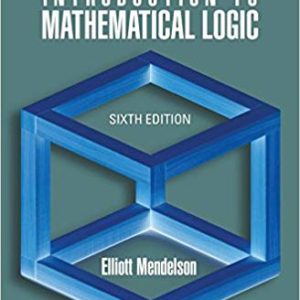Fuzzy social choice theory works for modeling the unpredictability and imprecision widespread in social life yet it has actually been rarely used and studied in the social sciences. Filling this space, Application of Fuzzy Logic to Social Choice Theory (PDF) offers an extensive research study of fuzzy social choice theory. The ebook discusses the principle of a fuzzy optimum subset of a set of options, fuzzy choice functions, the factorization of a fuzzy choice relation into the “union” (conorm) of a stringent fuzzy relation and an indifference operator, fuzzy variations of Arrow’s theorem, fuzzy non-Arrowian results, and Black’s mean citizen theorem for fuzzy choices. It analyzes how specific and unambiguous options are produced by fuzzy choices and whether specific options caused by fuzzy choices please particular possible rationality relations. The professional authors likewise extend recognized Arrowian results including fuzzy set theory to results including intuitionistic fuzzy sets along with the Gibbard–Satterthwaite theorem to the case of fuzzy weak choice relations. The last chapter goes over Georgescu’s degree of resemblance of 2 fuzzy choice functions.
.







Reviews
There are no reviews yet.